
STUDIES OF NATIONALITIES IN THE USSR
Wayne S. Vucinich, Editor
The Crimean Tatars
Alan Fisher
The Volga Tatars: A Profile in National Resilience
Azade-Aye Rorlich
The Kazakhs
Martha Brill Olcott
Estonia and the Estonians
Toivo U. Raun
Sakartvelo: The Making of the Georgian Nation
Ronald Grigor Suny

The Hoover Institution on War, Revolution and Peace, founded at Stanford University in 1919 by Herbert Hoover, who went on to become the thirty-first president of the United States, is an interdisciplinary research center for advanced study on domestic and international affairs. The views expressed in its publications are entirely those of the authors and do not necessarily reflect the views of the staff, officers, or Board of Overseers of the Hoover Institution.
www.hoover.org
Hoover Institution Press Publication No. 339
Hoover Institution at Leland Stanford Junior University,
Stanford, California 94305-6010
Copyright 1986 by the Board of Trustees of the Leland Stanford Junior University
All rights reserved. No part of this publication may be reproduced, stored in a retrieval system, or transmitted in any form or by any means, electronic, mechanical, photocopying, recording, or otherwise, without written permission of the publisher and copyright holder.
For permission to reuse material from The Volga Tatars, ISBN 978-0-8179-8392-5, please access www.copyright.com or contact the Copyright Clearance Center, Inc. (CCC), 222 Rosewood Drive, Danvers, MA 01923, 978-750-8400. CCC is a not-for-profit organization that provides licenses and registration for a variety of uses.
First printing 1986
22 21 20 19 18 17 16 11 10 9 8 7 6 5
Manufactured in the United States of America
The paper used in this publication meets the minimum requirements
of the American National Standard for Information Sciences
Permanence of Paper for Printed Library Materials, ANSI/NISO Z39.48-1992.
Library of Congress Cataloging-in-Publication Data
Rorlich, Azade-Aye.
The Volga Tatars.
(Studies of nationalities in the USSR)
Bibliography: p.
Includes index.
1. TatarsRussian S.F.S.R.Tatarska A.S.S.R.
A.S.S.R.
History. 2. Tatarska A.S.S.R. (R.S.F.S.R.)History.
A.S.S.R. (R.S.F.S.R.)History.
1. Title II. Series
DK511.T17R67 1986 947.83 86-18631
ISBN 978-0-8179-8392-5 (pbk : alk. paper)
ISBN 978-0-8179-8393-2 (epub)
ISBN 978-0-8179-8397-0 (mobi)
ISBN 978-0-8179-8398-7 (PDF)
Design by P. Kelley Baker
To the memory of my father
To my mother
With deepest gratitude
for their unselfish love
Contents
Index
Foreword
Azade-Aye Rorlich is eminently qualified to write this, the second in the Hoover Institution Presss Studies of Nationalities in the USSR. She has spent many years investigating the history of the Volga Tatars and of the Turkic and Muslim peoples of the Soviet Union. Professor Rorlich received her Ph.D. from the University of Wisconsin and is today a member of the Department of History at the University of Southern California. She is proficient in the Turkic languages of the Soviet Union as well as Russian, and uses major European languages with ease. The excellence and thoroughness of her work is reflected by her extensive bibliography, the most complete available on Tatar history and culture, which includes sources in several languages and scripts. Although other studies have been published on various aspects of the Tatar past and present, none is so comprehensive and all-encompassing as this first Western-language study of Tatar history.
Professor Rorlich begins with the early history of the Tatars, discussing the controversies regarding their ethnogenesis, their adoption of Islam, the characteristics of their settled way of life, and the emergence and evolution of their first political entitythe Bulgar khanate. She addresses the issue of the contacts of the Bulgar khanate with the Russian principalities and comments on the nature of their relationship in the years before the Mongol conquest. Professor Rorlichs discussion of the Mongol conquest, the demise of the Bulgar khanate and emergence of its heirs, and the nature of the Kazan principality and Kazan khanate is crucial to an understanding of the roots of Tatar national resilience. She proceeds to discuss Ivan the Terribles conquest of the Kazan khanate (1552) and the incorporation of its territory and population into the Muscovite state. The policies of russification and forced conversion to Christianity are described, and attention is given to the different means Russian rulers employed between the sixteenth and twentieth centuries to achieve the unchanging goal of russification. The Tatars response to these policies was translated into an even deeper commitment to their religion, language, and culture.
The fundamental changes brought about by the emancipation of the serfs in 1861 unleashed a multifaceted process of modernization and growth in Russia, widening the gap between Russian and Tatar society and thus prompting the Tatars to cast a critical eye on the reasons for their economic backwardness and stagnation. The period between 1861 and 1917 saw a revival within Tatar society precipitated by the twin stimuli of developments in Russia and the Muslim world. Professor Rorlich provides a sophisticated analysis of the evolution of the reform movement from its beginnings as a challenge to religious dogma to later stages, when the most important goals became secular education and political action. All these issues, and their relationship to the evolution of Tatar identity, Professor Rorlich analyzes with exactitude, thoroughness, and expertise.
Professor Rorlich also discusses the impact of the 1917 revolutions and civil war on the Volga Tatars, their hopes for the establishment of an Idil-Ural state, and the emergence of the Tatar autonomous republic from the broken Bolshevik promises for a Tatar-Bashkir republic (which would have encompassed virtually all the territory of the former Kazan khanate). She carefully traces the roots of national communism in Tatarstan and gives an especially fine treatment to Sultangalievs analysis of the relationship between Islam and communism, which played an important role in the evolution of Tatar identity in the Soviet period. Tatar responses to Soviet nationality policy, and the commitment of the Tatars not only to retrieving their distinguished national heritage but also to enriching and furthering it, represent some of the major topics that Professor Rorlich addresses in her analysis of the manifestations of Tatar national resilience in the post-World War II years.
This superb work is the kind that every library will want to have on its shelf. It will have an enduring value as the principal study of the Tatars of the Volga region.
W AYNE S. V UCINICH
Preface
Terminology and transliteration posed a variety of challenges for the present study. The purpose here is to identify not only the challenges but also the criteria that determined this authors use of terminology and transliteration throughout this work.
Next page
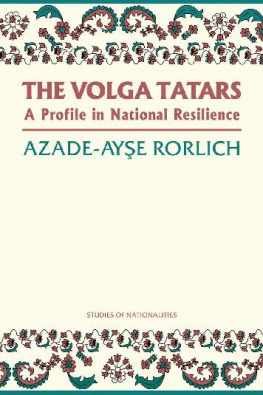

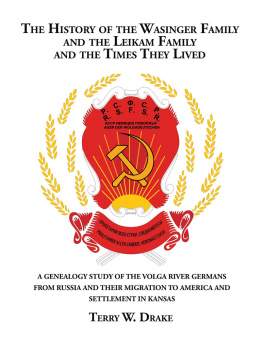
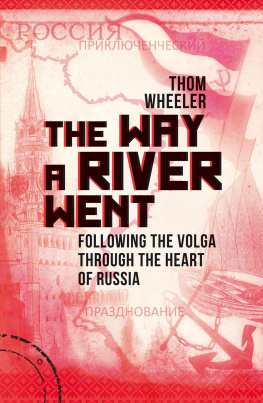
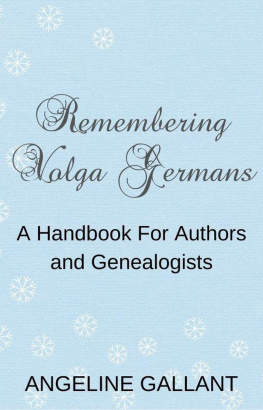
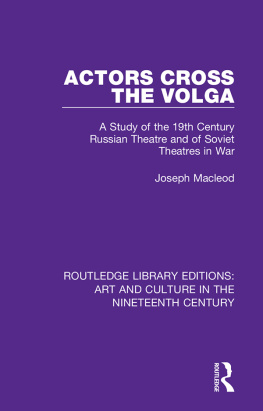
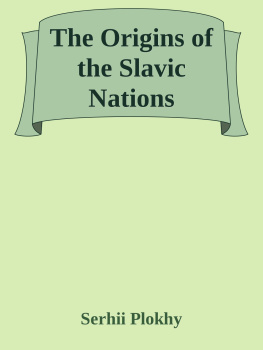
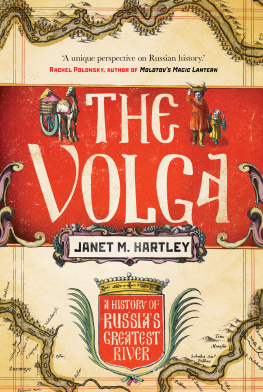
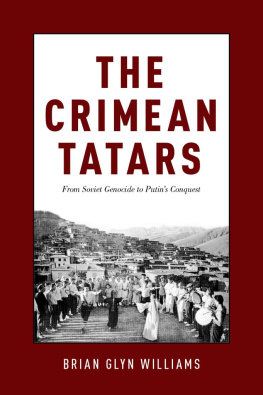
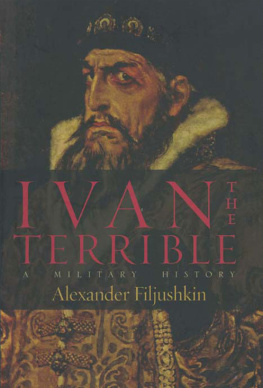
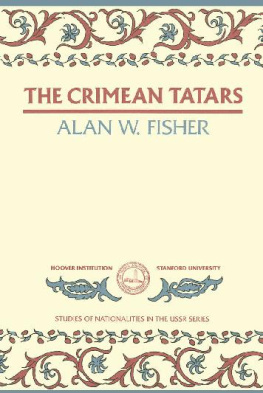
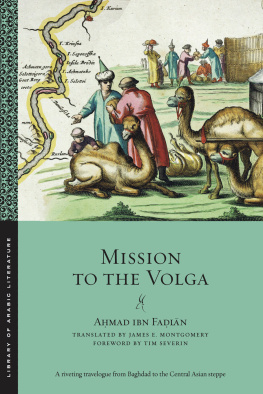



 A.S.S.R.
A.S.S.R.